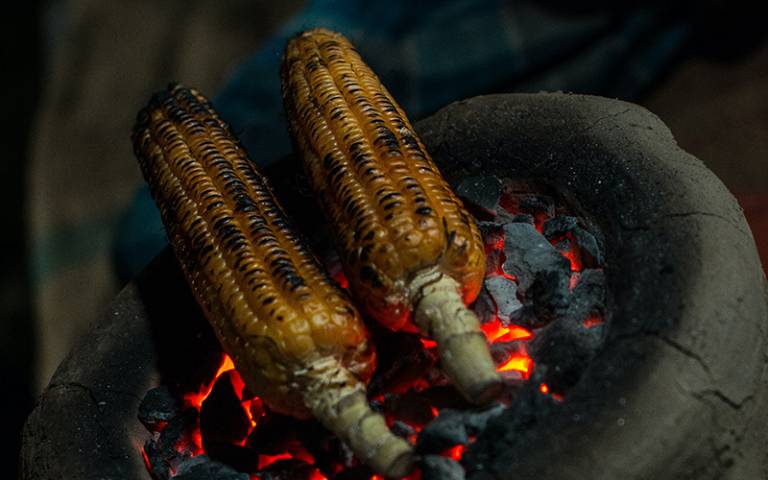Understanding fuel stacking essential for cooking transition - Nature Energy article published
12 August 2022
New research article suggests that realising the full potential of clean cooking transitions requires an understanding of why people use multiple, often polluting, fuels and stoves concurrently to cook – otherwise known as ‘fuel stacking’.

There are currently 2.3 billion people who lack access to clean stoves and fuels, with devastating resulting health, gender and climate impacts. However, even those who do have access to clean cooking continue to concurrently use polluting fuels such as charcoal and firewood in a practice known as “fuel stacking”. Stacking perpetuates the negative impacts of polluting cooking fuels and almost everybody stacks. This article reviews 100 original research articles to understand the rich and diverse range of reasons why people stack fuels. It subsequently analyses drivers of stacking by cooking fuel and the COM-B model, a behavioural science framework that categorises the determinants of human behaviour.
Interventions in the sector to date have focused on increasing people’s capability and motivation to transition to cleaner fuels, but the literature review analysis finds that stacking is largely driven by the Physical Opportunity domain of the COM-B model. This suggests that the persistence of biomass cooking is less culturally anchored than has previously been assumed, and highlights the importance of providing reliable, affordable access to clean stoves and fuels. The authors argue that there needs to be a radical change in approach in order to realise the full health and environmental benefits of clean cooking, and recommend ways that policy makers and practitioners can proactively address drivers of stacking to foster adoption of clean technologies.
The article was written by Tash Perros (UCL's Centre for Urban Sustainability and Resilience), Ayşe L. Ustaoğlu Allison (UCL Plastic Waste Innovation Hub), Julia Tomei (UCL Institute for Sustainable Resources), and Priti Parikh (The Bartlett School for Sustainable Construction).
This was a collaboration between Tash Perros (lead author) and Dr. Priti Parikh from UCL Engineering for International Development Centre with Dr. Julia Tomei, UCL ISR and Ayse Allison UCL PALS. This research was funded by Royal Academy of Engineering and Bboxx linked to Dr. Parikh’s fellowship programme.
Photo by Debashis RC Biswas on Unsplash
 Close
Close

